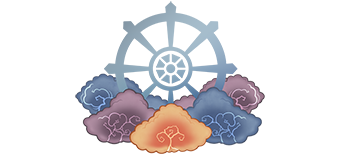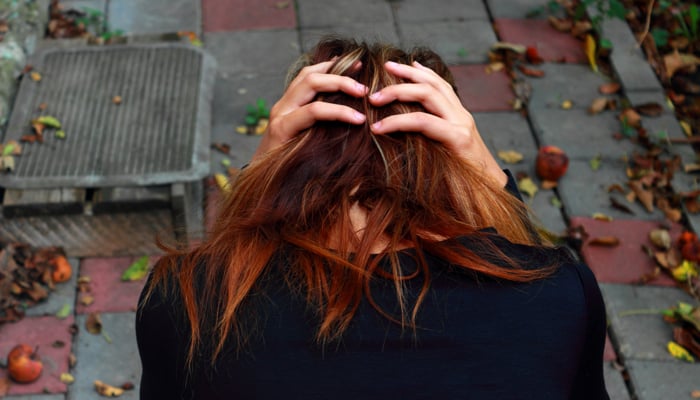Blog: Ask Isa: Overcoming Guilt as a Reaction to the State of the World
Blog: Ask Isa: Overcoming Guilt as a Reaction to the State of the World
By Isa Gucciardi, Ph.D.
Editors’ Note: Here, Isa addresses a question about guilt and over-giving as a response to the suffering in the world.
Question: I feel very guilty about the state of the world and my relatively good life. I have so much and others are in such pain and have so little. My response is to over-give in an effort to help, but it never seems to be enough and I just end up feeling worse about myself and about the state of the world. How do you live with the knowledge that so much is wrong in the world and then not do something about it?
Isa: This feeling of guilt for having more than others is not an uncommon response for people who are paying attention to the world around them. This is a common problem for people who empathize with others, and for people who wish to help others and create positive change on the planet. However, guilt is not a productive response. It is a debilitating one. It is important to assess the situation and discern what you are giving, to whom, and how your giving might be of help. You have to think more about where the other person is, rather than just thinking about your desire to give. When we are focused on guilt, we are focused on ourselves, not the other person; and when we give from this place, what we give will never be enough because it cannot assuage our guilt. That leaves us depleted, feeling like we are not enough. You have to examine your guilt, where it comes from, and your motivations for giving.
You also have to develop a tolerance for the suffering of others if you are going to be able to help anyone. If you over-give in order to medicate your discomfort with the many hardships that exist in the world, you may even be making matters worse. For instance, if your friend has a gambling problem and constantly needs money to keep him from losing his home, at what point do you say, “No, I can’t give you any more resources?” The truth is, by not giving to him you are helping to stop the cycle. Although he may be angry with you and it may be horrible to see him lose his home, it is the most helpful course of action.
If you want to help others, you have to become aligned in your giving so you are not giving out of guilt, which can cause you to feel burned out. Developing a compassion practice is a powerful step toward moving beyond this kind of guilt and burnout. In this practice, you try to be compassionately present with everything everyone is going through, without feeling responsible for it. This helps you develop tolerance for suffering and greater discernment about when your actions will be most beneficial.
The good thing about a compassion practice is that it is not depleting. It is helpful to hold everyone who is suffering due to war and deprivation with compassion. Personally, this practice helps me counteract the powerlessness I feel at not being able to bring a blanket to every child who is cold or food to every person who is hungry. A compassion practice is active. It allows you to look at and be present with the suffering, deprivation, and harm being generated on a daily basis, and this creates more consciousness in the world. Most of us look away because we can’t take it. We are not staying fully awake to all that is going on, and this creates more suffering.
In Buddhist practice, there is a set of principles called the Four Immeasurables that are helpful for developing compassion. I have created a series of meditations based on these principles that are designed to help you work with these principles, which are compassion, loving-kindness, equanimity, and joy. I created these meditations with the intention of helping people step into these practices. You can also learn more about them in Alan Wallace’s book, The Four Immeasurables: Practices to Open the Heart.
Fortunately, compassion practice is not only about looking at what is painful. It allows you to experience more joy as well, because when you are more awake to hardship, you are also more awake to the beautiful, positive elements in the world. This is the benefit of this practice. You are generating more consciousness personally and globally and you are contributing to a more compassionate world. If you let yourself be drained by guilt or beat yourself up for not giving enough, you are creating suffering. Collectively, this is not good. So, you must also practice generating compassion for yourself.

